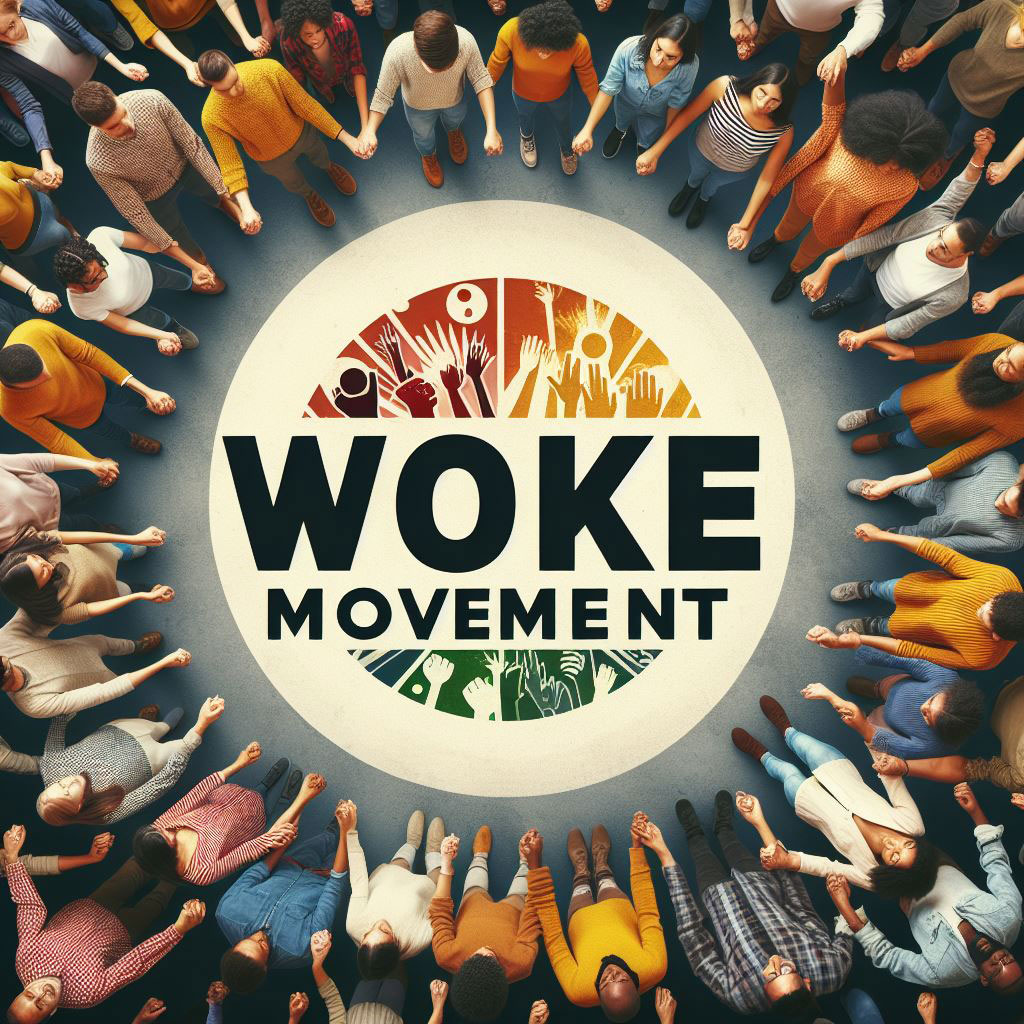
In recent years, the phrase “Go Woke, Go Broke” has become popular, suggesting that companies or organizations that embrace progressive social and political stances ultimately suffer financial losses. But is this claim rooted in reality, or is it merely a catchy slogan? In this article, we’ll delve into the nuances of woke culture, examine case studies, and explore whether there’s any truth to the assertion.
Defining “Woke”
Before we dissect the relationship between wokeness and financial success, let’s establish what “woke” means. The term originated in African American Vernacular English (AAVE) and initially referred to heightened awareness of social injustices, particularly related to race. Over time, it has broadened to encompass various social justice issues, including gender equality, LGBTQ+ rights, and environmental concerns.
Summary:
- Woke refers to being socially conscious and advocating for progressive causes.
The Allegation: “Go Woke, Go Broke”
The claim that embracing woke ideologies leads to financial ruin suggests that companies that prioritize social justice over profits will suffer negative consequences. Critics argue that corporations should focus solely on their bottom line rather than engaging in activism.
Summary:
- “Go Woke, Go Broke” asserts that companies advocating for social justice will face financial losses.
Case Studies: Examining the Evidence
Let’s examine some high-profile examples to determine whether there’s any merit to the “Go Woke, Go Broke” theory:
1. Nike and Colin Kaepernick
In 2018, Nike featured former NFL player Colin Kaepernick in an ad campaign, sparking controversy due to Kaepernick’s kneeling protests during the national anthem. Despite backlash from some consumers, Nike’s stock price soared, and sales remained robust.
2. Gillette’s “The Best a Man Can Be” Ad
Gillette’s 2019 ad addressing toxic masculinity received mixed reactions. While some praised the message, others boycotted the brand. However, Gillette’s sales remained stable.
3. Chick-fil-A and LGBTQ+ Rights
Chick-fil-A faced backlash for its CEO’s anti-LGBTQ+ statements. Despite boycotts, the fast-food chain continued to thrive financially.
Summary:
- Evidence suggests that embracing woke stances doesn’t necessarily lead to financial losses.
Nuances and Context
While individual cases provide insights, the reality is more complex. Factors such as target demographics, brand identity, and market trends play crucial roles. Companies must navigate a delicate balance between social responsibility and profitability.
Summary:
- Context matters: Success depends on various factors beyond wokeness.
Conclusion
The “Go Woke, Go Broke” narrative oversimplifies a multifaceted issue. Companies can champion social causes without jeopardizing their financial health. Rather than viewing wokeness as a threat, businesses should recognize its potential benefits: attracting socially conscious consumers, fostering employee loyalty, and contributing to positive change.
So, next time you hear the slogan, consider the broader picture. Going woke doesn’t necessarily equate to going broke—it’s a nuanced dance between principles and profits.
